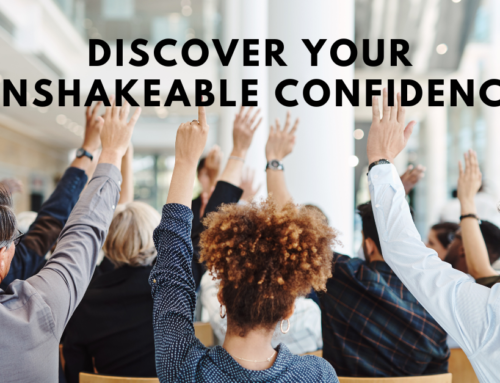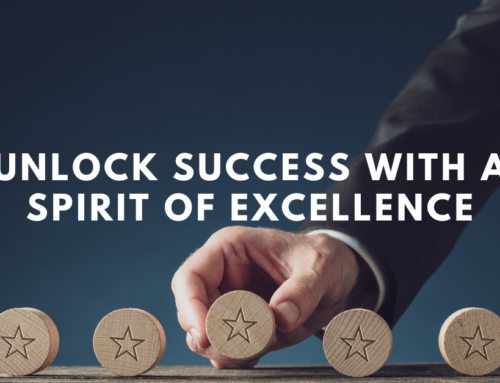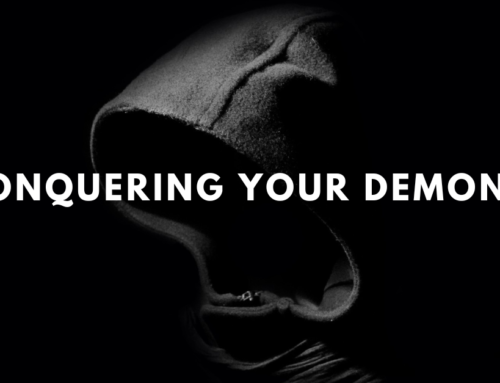Floppy disks, discmans, typewriters, pagers – these were some of the most common gadgets back then. What were once essentials for the daily lives of individuals are now rendered obsolete. Who would have thought that these would quickly give way to other gizmos whose technology would have been seen as incomprehensible at the time? That’s the thing about securing your spot in the future – you’ve got to have what it takes to ride the shifting tides.
I’ve always wondered what the future of business might be. Time is unkind (especially to those who stubbornly remain short-sighted), and as an entrepreneur, I would like to make sure that my business withstands the test of time. I realised that it all boils down to one word.
Sustainability.
You’ve probably heard this buzzword a couple of times. There are so many people inserting this in their speeches or lectures just to sound like they care about the environment or to give semblance of foresight, even if they don’t really know what the world truly entails.
Let’s start from the basics, shall we?
Sustainability is commonly defined as “the ability to be maintained at a certain rate or level” or “the avoidance of the depletion of natural resources in order to maintain an ecological balance.”
Sustainability is like cultivating a garden: given the seeds, you have to harness insight and plan ahead to ensure that you can help your plants grow, get some harvest, and plant more in the next cycle for your family and the next generation to enjoy.
In the world of finance, sustainable investing has become widely used. Let’s delve into Blackrock as an example. It’s the world’s largest asset manager, with close to USD7 trillion in assets under management as of the end of 2019. In an annual letter to clients, CEO Larry Fink talked about sustainability as Blackrock’s new standard for investing. For him, the company is on the edge of a fundamental reshaping of finance, and it’s important that they take steps to ensure that they will be able to survive this shift.
All over the world, businesses are currently undergoing paradigm shifts and are slowly transitioning into more sustainable business practices. For example, Unilever, a giant in the corporate world, has set targets for sourcing, supply chain, and production on everything from energy and water use to treatment of suppliers and communities where they operate. In 2010, CEO Paul Polman said he wanted to double the company’s business while halving its environmental impact in just ten years. The United Nations awarded Polman the Champion of the Earth Award in 2015 for his efforts toward reaching this goal.
Like these corporate giants and institutions, sustainability is something that I gladly choose to incorporate into my business philosophy. It has greatly helped me in cutting costs, reaching out to my employees, and delivering quality services to my clients.
I’ve chosen sustainability for two reasons:
- I needed to ensure that the three values of PASSION, EXCELLENCE, and COMMITMENT run continuously like a well-oiled machine. These are all timeless principles that are needed for a business to prosper and last. Passion gives you that spark, excellence turns that into a full-blown flame, and commitment ensures that it never dies out. Without sustainability, any of these elements might run out and lead to the demise of my business.
- It’s a reminder that we always have to plan for the future. In the short term, it’s about being efficient (doing things right) and effective (doing the right things). When considering midterm plans, it’s about people development to grow leaders who can lead the company bigger and better than I ever could. In the long term, it’s about making a difference, shaping our communities, and sustaining the future through our great company. To exemplify my point, we have a corporate social responsibility arm called Fullerton Foundation that works with charities across Asia, focusing on assisting the poor, the elderly, and orphans.
Things come and go, but I believe that with sustainability, that doesn’t have to be the case. I hope you’ve learned a lot from reading this, and that you’ll be able to actualise this in your own start-up or business.
Sustainability is the future! Learn more about it and why I’ve chosen to incorporate it into my business philosophy in this video! The Future of Business
To your success,
Mario
[Visit www.mariosingh.com now to enjoy a FREE e-book of my latest “37 Essential Principles for Massive Success” when you subscribe!]





